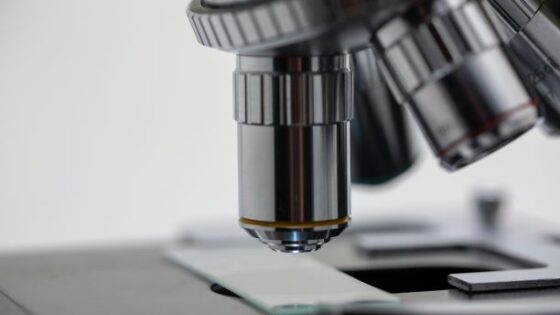In vitro fertilisation (IVF)
Delve into all the details of the main technique in fertility treatment and its main applications. We bring you the latest advances from the hand of our experienced professionals. The processes, tests and investigations involved in the meticulous work of the IVF laboratory.

How long should I wait after an unsuccessful reproduction treatment?
We are often asked this question at our clinic because, following an unsuccessful attempt at in vitro fertilisation there is always the hope of another go. The recommendation has always traditionally been to leave a space of […]
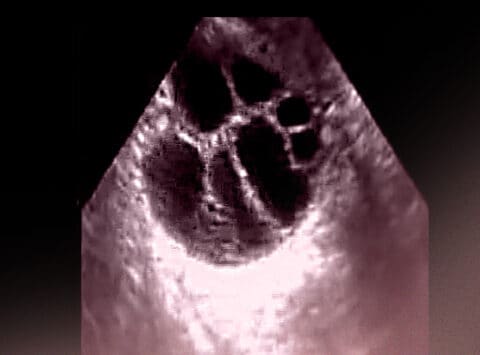
In vitro fertilisation (IVF) techniques aim to generate multiple follicles (ovarian stimulation) from which to obtain eggs which will later be fertilised. The ovarian stimulation process culminates with the use of a drug which induces […]
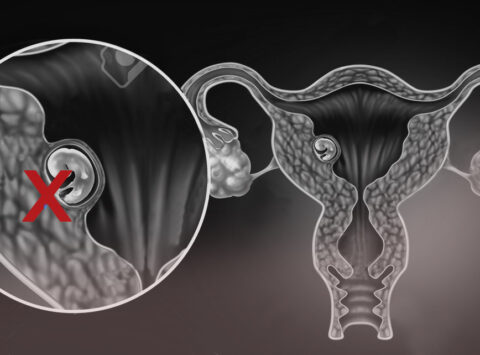
What is a biochemical pregnancy or miscarriage?
Biochemical pregnancy or miscarriage occurs when an embryo, which initially implants in the uterus, stops developing. The pregnancy test is positive but the HCG hormone subsequently decreases until it becomes negative a few days later […]

The advantages of not delaying motherhood and the risks of postponing it
Did you know that if you’ve just turned 40, by your next birthday you will have lost about half of your fertility you have at this moment? From the age of 36, you lose 2% […]
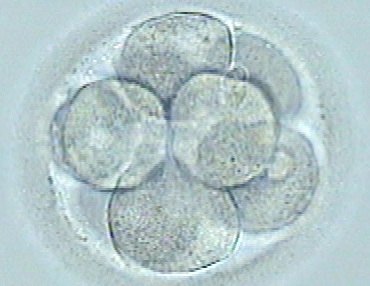
Embryonic arrest, why don’t all of my embryos develop equally?
When one starts an in vitro fertilisation (IVF) treatment, one of the most frequent concerns is the number of high quality embryos that can be obtained. This number is variable and depends on several factors such as the ovarian reserve and […]
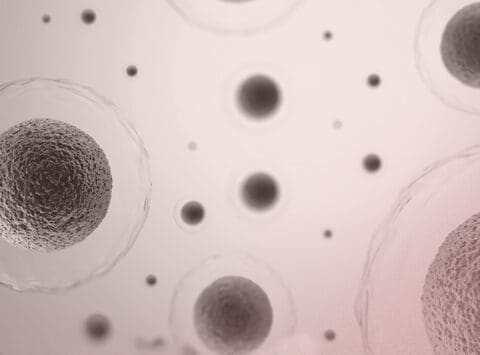
Does ovarian stimulation for IVF increase the risk of cancer?
One of the common concerns that women who are about to embark on in vitro fertilisation treatment have is the hypothetical risk of getting gynaecological cancer as a side effect of hormone stimulation. Since in vitro fertilisation began, […]
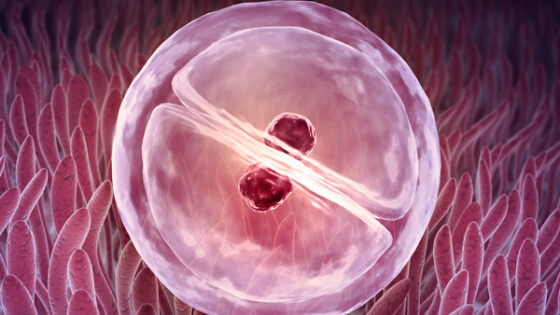
What is the ‘implantation window’ in fertility treatment?
The ‘implantation window’ is the name we give to the period of time during which the endometrium in the mother’s uterus is in an appropriate state for embryo implantation to take place. When does the implantation window […]
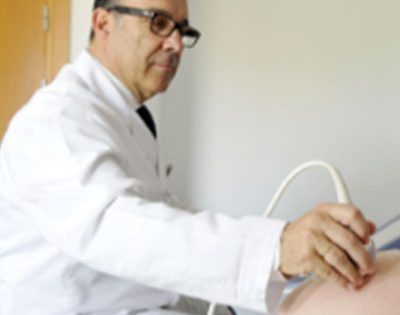
Assisted hatching is a technique used in the in vitro fertilisation laboratory that consists of making a small hole in the membrane that surrounds the embryo, the zona pellucida (ZP), with the aim of making […]
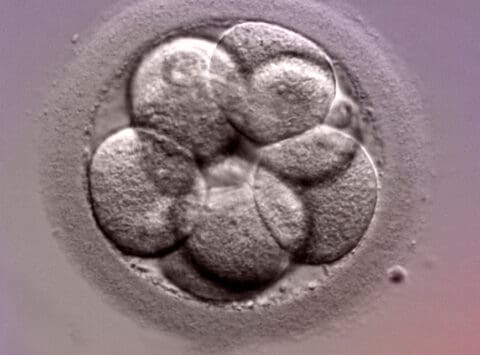
Why aren’t all embryos obtained from an IVF cycle suitable for freezing?
Today, in In Vitro Fertilization treatments, it is not extraordinary to find ourselves on the day of embryo transfer with a high number of good quality embryos. For a fresh transfer we shall be electing […]

